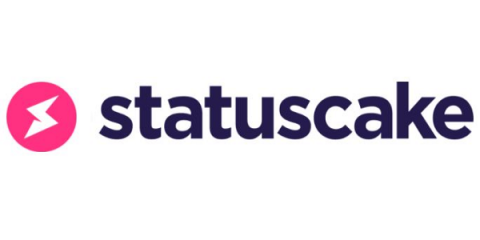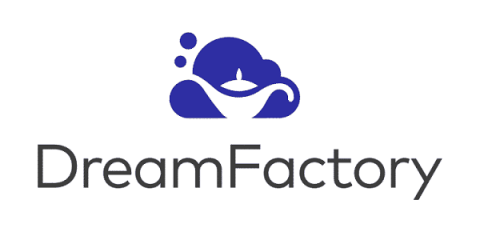Out with GraphQL, in with gRPC
At Speedscale, we’re always trying to find ways to iterate faster and reduce developer toil. In line with that mission, we slant our engineering decisions towards using cutting edge tech because we usually move faster and it also allows us to help our customers later on when they upgrade their own tech stack. Recently, we had the opportunity to upgrade the communication channel between our api-gateway and react front end. This journey provided some unexpected benefits.








